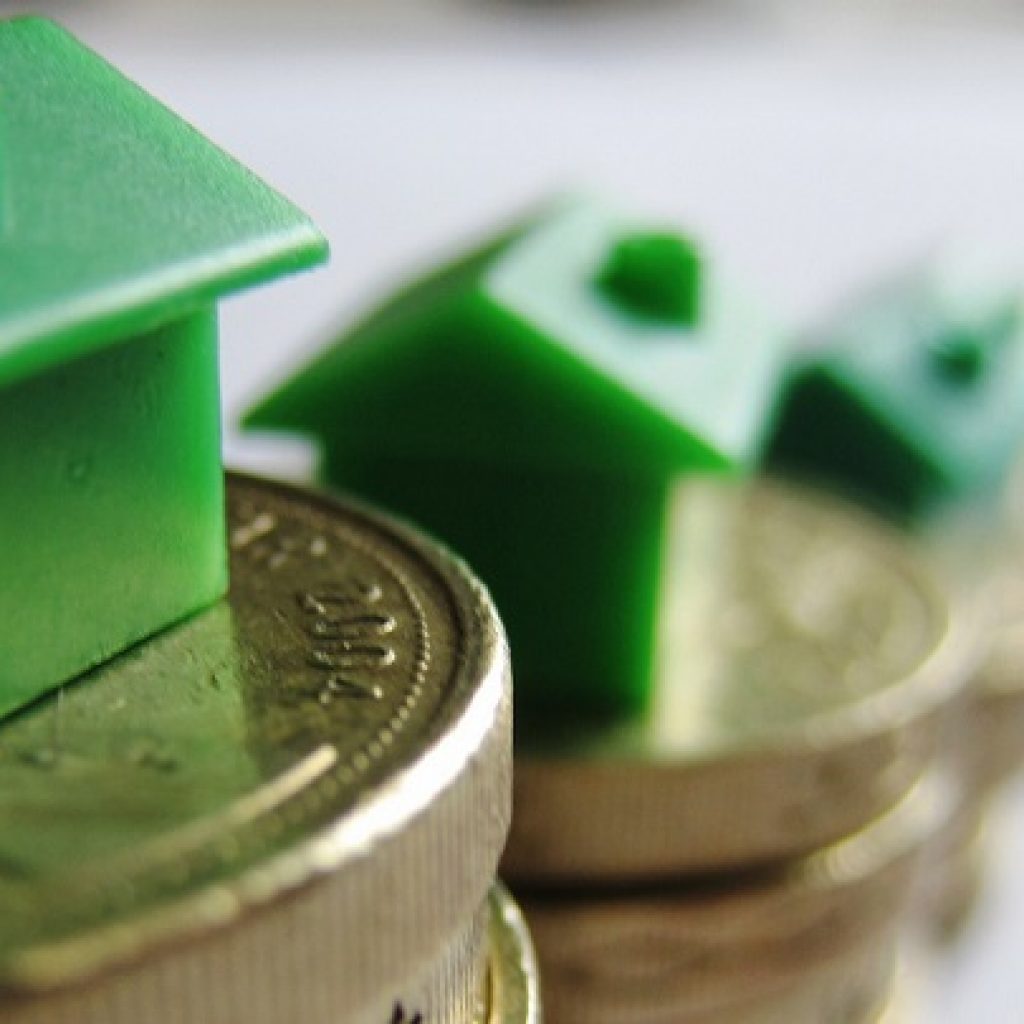According to the head of one of the world’s biggest property groups, stamp duty is making the UK’s housing crisis worse; by distorting the market, the tax is, in turn, harming its development on a long-term scale.
Global chief executive of Jones Lang LaSelle (JLL), Christian Ulbrich, stated that against a backdrop of low housing supply, a system which penalises second homeowners and landlords leaves homebuyers essentially “paying for nothing”.
According to statistics from the Organisation for Economic Co-operation and Development, Britain’s property taxes are the highest in any developed country. The current system, where stamp duty rises from 5% of a property’s value to 10% when it is over £925,000, was branded as “politically motivated” by Mr Ulbrich.
He also stated that the duty made building more houses “prohibitive” despite the system’s overhaul in 2014 which saw George Osborne drop the tax rate for the majority of house purchases.
He stated that: “For long-term development, stamp duty is definitely harmful, because the stamp duty in itself doesn’t create any value. It’s an additional cost that makes development more unattractive and it has to be considered in the pricing.”
There is also a 3 percentage point surcharge for families and landlords who purchase second homes, which Mr Ulbrich described as having “a very dampening impact on the market”.
He went on to mention that growing the supply of homes would help to “create an environment where that demand finds a home”. He also highlighted that building was important, stating that it would be “good for the economy”.
In regards to examples of where effective infrastructure had been built, Mr Ulbrich cited London’s Crossrail scheme, which helped to “enlarge the spectrum of commutable areas around London where people can still live and come to work every morning.”
He went on to state that rather than aiding the construction of an apartment, stamp duty would instead just make it more expensive.
Due to both growing business rates as well as the muted commercial property market, Mr Ulbrich said that JLL would be this year hit by a “double whammy”. Over the next five years, London’s business rate bills are expected to grow by £9.4 billion according to research. In addition to mentioning that the system is counter-cyclical, Mr Ulbrich highlighted the necessity of revaluing more frequently.
“The [commercial property] market is currently cooling down, at the same time, business rates are going up because they were reflective of values before the Brexit vote. But the impact is happening after the Brexit vote.”
Also commenting on the negative repercussions of stamp duty was Bob Sturges. The head of PR and communications at Fortwell Capital Limited stated: “As a high-value lender operating in the prime and super-prime residential real estate space, we have seen first-hand the negative impact of George Osborne’s Stamp Duty increases on buying sentiment and activity.
“Targeted principally at overseas investors and second-home buyers, the former Chancellor’s fiscal interventions were a key factor in helping dampen a sector that was already showing signs of running out of steam.”
Despite expressing a degree of sympathy towards the government in attempting to restore and improve the property market, he did also mention that change in the near future was unlikely.
“That builders, developers and buyers would welcome constructive reform of a tax device that has exceeded its original purpose is hardly likely to be in doubt. But we have to deal in realities, and it is difficult to see on the horizon any likely change to the status quo.”




















